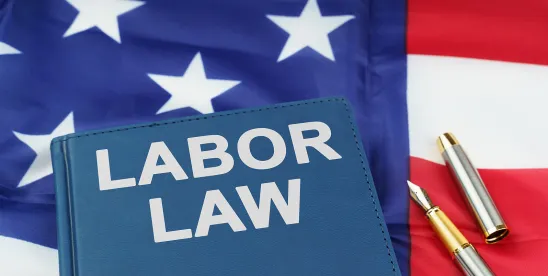The Big Beautiful Bill was signed into law by President Trump on July 4, 2025. The BBB is a complex budget reconciliation law (a law that follows a special procedure for more simplified passage) that contains over a thousand pages and hundreds of provisions. But how does it affect your big beautiful workplace?
Dependent Care
The BBB impacts Dependent Care Employee Flexible Spending Accounts. The employee contribution limit will increase to $7,500 beginning in 2026. You need to update your employee plans and communications.
Health Savings Accounts
Health Savings Accounts now have more options as to how pre-tax dollars may be used. One key area is telehealth coverage. Also, employees enrolled in ACA marketplace plans known as bronze or catastrophic plans will become eligible to contribute to HSAs. Finally, HSA funds will be allowed for some direct primary care with limits of $150 per month for individuals and $300 for families.
Immigration Enforcement
The BBB increases ICE funding from $10 billion to over $100 billion by 2029. ICE likely will become the biggest federal law enforcement agency. Included is approximately $30 billion for new ICE agents. No doubt there will be a dramatic increase in employer I-9 audits and workplace ICE raids. (See our recent presentation on ICE enforcement here.)
Medicaid
For the first time, the BBB adds minimum work requirements for Medicaid recipients. Individuals ages 19 to 64 on Medicaid are required to work a minimum of 80 hours per month. Compliance with this requirement must be verified every six months. This new requirement could increase the number of available workers for low-skilled, entry-level, or part-time jobs.
Paid Family Leave
The BBB permanently extends the paid family and medical leave general business credit. The credit is available to employers with a written plan as already required by IRS code section 45S. The credit is available to employees making less than $96,000 per year. The credit is equal to either a set percentage of the wages paid during an employee’s family and medical leave or a set percentage of insurance premiums the employer paid for paid family and medical leave coverage. The credit now will be allowable for paid leave in states or localities in which such leave is required, but the credit still only may be used for wages paid over and above such a state or local law.
Taxes on Overtime Pay
There are new tax deductions for overtime pay. These provisions apply only to workers making less than $150,000 (there is actually a phased-in reduction for workers making over $150,000 and not a complete exclusion) or $300,000 for couples filing jointly. There is a cap of $12,500 per year or $25,000 if married. This deduction does not affect Social Security and Medicare withholding and is slated to last only until 2028 as of now.
Taxes on Tips
Also included is a deduction for tips. This deduction is available only for employees who customarily and regularly receive tips. The Treasury secretary will publish a list of the occupations covered. As with the deduction for overtime pay, this tip deduction only applies to workers making less than $150,000 per year (the phased-in reduction described above for overtime). The limit for couples filing jointly again is $300,000. The cap for this deduction is $25,000 per worker. This deduction does not affect Social Security and Medicare withholding and also is slated only to last until 2028 as of now.
Stay tuned for developments in these areas as the BBB is implemented.





 />i
/>i

